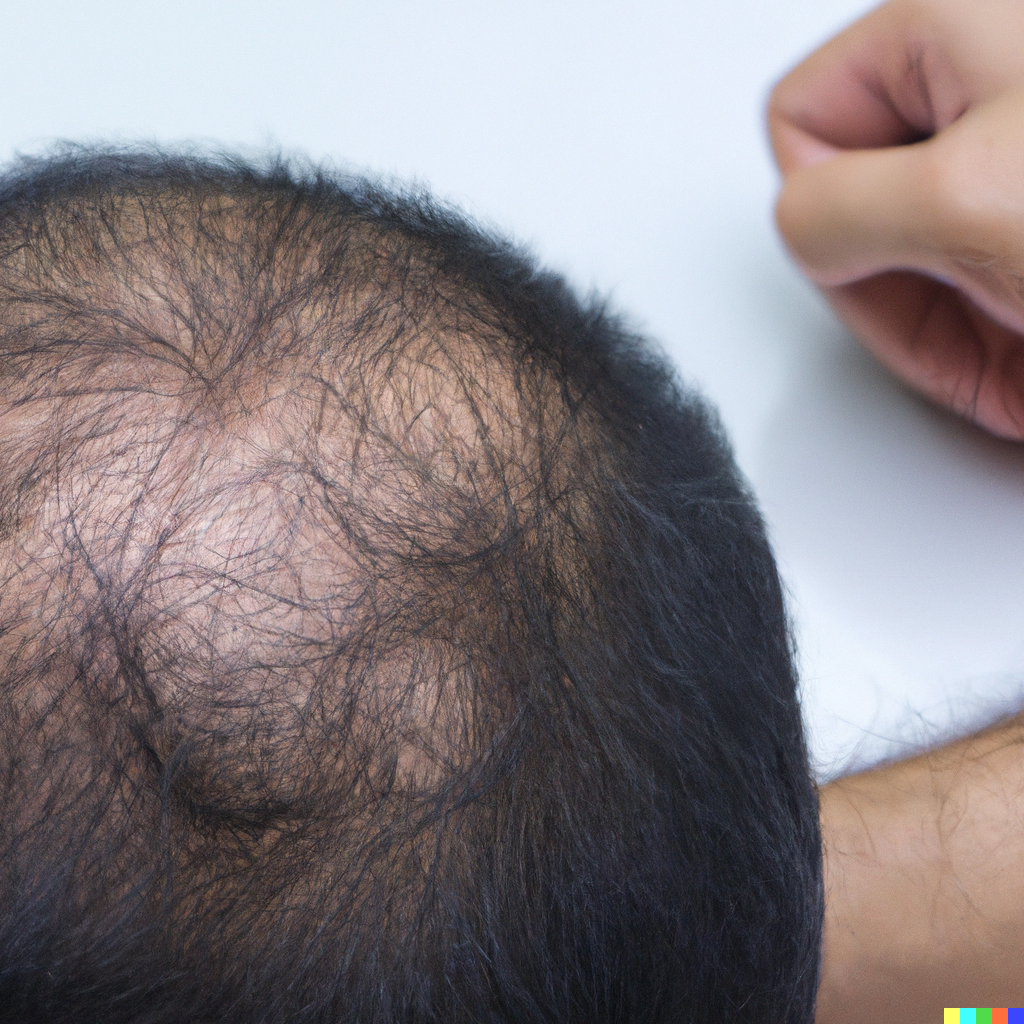Counseling and psychotherapy for individuals, couples and families.
Hairmedic in Manchester with over 20 years' experience in Hair & Scalp Disorders
What Can a Trichologist Do for You? A Comprehensive Guide
The Secrets to Luscious Locks: Your Journey with a Trichologist
When it comes to our appearance, there's no denying that our hair plays a significant role. Luscious locks and a healthy scalp not only boost our self-confidence but also reflect our overall well-being. But what happens when hair troubles strike? Hair loss, scalp conditions, and various other issues can be distressing, affecting our physical and emotional health. This is where the expertise of a trichologist comes into play.
The Role of a Trichologist
A trichologist is a hair and scalp specialist who is trained to diagnose and treat various hair and scalp conditions. Their role goes beyond just recommending hair products; they are highly knowledgeable professionals who delve deep into the science of hair and its complex relationship with our overall health. Trichologists are equipped to deal with a wide range of issues related to hair and scalp, making them an essential part of your hair care journey.
To become a trichologist, one must undergo rigorous training and gain the necessary qualifications. Many trichologists have backgrounds in dermatology, cosmetic science, or hairdressing, which enables them to offer holistic solutions to their clients.
Common Hair and Scalp Issues
- Hair Loss and Thinning: Hair loss is a prevalent concern for both men and women. While it's normal to lose some hair daily, excessive shedding or thinning can indicate an underlying issue. Trichologists can identify the type of hair loss, such as androgenetic alopecia or telogen effluvium, and determine the appropriate treatment plan based on the cause.
- Scalp Conditions: Scalp conditions like dandruff, psoriasis, seborrheic dermatitis, and eczema can lead to itching, inflammation, and discomfort. Trichologists use specialized tools to analyze the scalp, diagnose the condition accurately, and recommend suitable treatments to alleviate symptoms and promote a healthy scalp.
- Hair Texture and Quality: Hair texture and quality can be affected by various factors, including genetics, environmental exposure, and hair care practices. Trichologists assess the hair's health and texture to suggest personalized care routines and treatments to enhance hair quality.
- Excessive Oiliness or Dryness: An imbalanced scalp can lead to either excessively oily or excessively dry hair. Trichologists can identify the root cause of these issues and provide guidance on restoring the scalp's natural balance through targeted treatments and lifestyle adjustments.
Consultation and Assessment
When you visit a trichologist, they will conduct a detailed consultation to understand your hair and scalp concerns thoroughly. They will take into account your medical history, lifestyle factors, and any relevant genetic predispositions. This comprehensive approach helps them identify the potential triggers behind your hair problems.
After the initial consultation, a trichologist will perform a thorough scalp analysis and hair examination. This examination may involve a microscopic assessment of hair and scalp samples, enabling the trichologist to have a closer look at the health of your hair follicles and scalp tissues.
The information gathered during the assessment phase is crucial in formulating a personalized treatment plan tailored to your specific needs.
Trichological Treatments and Solutions
Based on the assessment, trichologists design effective treatment plans that may include a combination of the following:
- Personalized Treatment Plans: Every individual's hair and scalp are unique, and a one-size-fits-all approach won't suffice. Trichologists create customized treatment plans to address the root cause of your hair concerns, taking into account factors like your age, gender, lifestyle, and medical history.
- Topical Treatments for Scalp Conditions: For scalp conditions like dandruff or psoriasis, trichologists may recommend topical treatments like medicated shampoos, serums, or lotions. These specialized products help reduce inflammation, control flaking, and soothe irritated skin.
- Nutritional Advice for Hair Health: A well-balanced diet plays a crucial role in maintaining healthy hair. Trichologists can provide nutritional guidance, suggesting foods rich in essential vitamins, minerals, and proteins to support hair growth and overall hair health.
- Laser Therapy for Hair Growth: Low-level laser therapy (LLLT) is an innovative treatment option that stimulates hair follicles, promoting hair regrowth and reducing hair loss. Trichologists may use LLLT devices or recommend in-office sessions to improve hair density.
- Trichological Procedures: In certain cases, trichologists may offer advanced treatments like mesotherapy or platelet-rich plasma (PRP) therapy. Mesotherapy involves injecting nutrients directly into the scalp to nourish hair follicles, while PRP therapy utilizes the patient's blood platelets to encourage hair growth.
- Hair Care Product Recommendations: With their in-depth knowledge of hair care products, trichologists can recommend suitable hair care products tailored to your specific hair type and condition. This guidance helps you avoid harmful ingredients and choose products that contribute to healthier hair.
Hair Loss Prevention and Management
Prevention is always better than cure, and trichologists emphasize the importance of proactive hair care to minimize the risk of hair loss and maintain hair health. Here are some strategies they may recommend:
- Understanding Hair Growth Cycles: Trichologists educate their clients about the natural hair growth cycle and the importance of being patient with any treatment plan. Understanding that hair growth takes time is vital for managing expectations.
- Addressing Lifestyle and Environmental Factors: Certain lifestyle choices and environmental factors can affect hair health. Trichologists will discuss any habits or practices that could be contributing to hair issues and suggest positive changes to support hair growth.
- Stress Management Techniques: Stress can have a significant impact on hair health, leading to increased shedding or temporary hair loss. Trichologists may suggest stress management techniques, such as mindfulness exercises, yoga, or meditation, to help maintain a healthy balance.
- Protective Hairstyles and Hair Care Tips: Trichologists can guide you on appropriate hairstyles and hair care practices that minimize tension on the hair shaft and scalp. They'll advise against using harsh styling tools or chemical treatments that may damage hair.
Trichologist vs. Dermatologist: Which One Do You Need?
It's common for people to be unsure whether they should consult a trichologist or a dermatologist for their hair and scalp concerns. Understanding the key differences between the two can help you make an informed decision:
- Differences in Expertise and Specialization: Dermatologists are medical doctors who specialize in diagnosing and treating skin, hair, and nail conditions. They can address a wide range of skin and scalp issues but may not have the same level of specialization in hair as trichologists. On the other hand, trichologists are dedicated experts in hair and scalp health. Their specialized training allows them to focus solely on these areas, providing more in-depth knowledge and targeted solutions for hair concerns.
- When to Seek Help from a Trichologist or Dermatologist: If you have specific hair and scalp issues, such as hair loss, thinning, or scalp conditions, consulting a trichologist is a great first step. Trichologists can perform detailed assessments and offer tailored solutions for your hair problems. However, if your hair issue is associated with broader skin concerns or may be a symptom of an underlying medical condition, it's essential to see a dermatologist. Dermatologists can assess your overall health and provide comprehensive care for both your skin and hair.
The Importance of Follow-Up and Maintenance
Once you've started a treatment plan with a trichologist, it's essential to follow up regularly to monitor your progress and make any necessary adjustments. Hair and scalp health improvements may take time, and a consistent approach is vital for achieving long-term results. During follow-up visits, trichologists will reevaluate your hair and scalp condition, review your response to the treatment plan, and make any necessary modifications. They'll also address any new concerns that may have arisen since your last appointment.
Staying committed to your trichologist's recommendations and maintaining a healthy lifestyle can significantly contribute to the success of your hair care journey. Your trichologist will guide you on the proper hair care routine, including the right products to use, how to style your hair, and tips for protecting it from damage.
How to Find a Qualified Trichologist
Choosing the right trichologist is crucial to receiving effective and safe hair care. Here are some steps to help you find a qualified trichologist:
- Research and Credentials: Look for trichologists who have the necessary qualifications and training from reputable institutions. Check their credentials and certifications to ensure they have the expertise required to address your specific concerns.
- Reviews and Testimonials: Read reviews and testimonials from previous clients to gauge the trichologist's reputation and the quality of their services. Positive feedback from satisfied clients is a good indicator of a reliable trichologist.
- Consultation Process: Schedule a consultation with potential trichologists to discuss your hair and scalp issues. Pay attention to how they interact with you, listen to your concerns, and propose treatment plans. Choose a trichologist who makes you feel comfortable and understood.
Frequently Asked Questions (FAQs)
Can Trichologists cure baldness?
- While trichologists can't guarantee a cure for baldness, they can offer treatments and solutions to address hair loss and promote hair growth. The success of the treatment depends on various factors, including the underlying cause of the hair loss and the individual's response to the treatments.
How often should I visit a trichologist?
- The frequency of visits to a trichologist depends on your specific hair and scalp condition and the treatment plan recommended. In general, you may need more frequent visits initially to monitor progress, followed by periodic check-ups to maintain optimal hair health.
Are trichological treatments safe?
- Trichological treatments are generally safe when administered by qualified professionals. Before starting any treatment, it's essential to discuss your medical history and any existing health conditions with the trichologist to ensure the chosen treatments are appropriate for you.
A trichologist's expertise in hair and scalp health is a valuable asset for anyone facing hair and scalp concerns. Their in-depth knowledge and specialized training enable them to identify the root cause of hair issues and offer personalized solutions for effective hair care. If you're experiencing hair loss, thinning, or scalp problems, consulting a trichologist can be a proactive step towards reclaiming your hair's health and confidence. Remember that hair care is a journey, and consistency, along with the guidance of a qualified trichologist, can lead to positive and long-lasting results.
So, don't hesitate to seek professional help when it comes to your hair's well-being. Embrace the expertise of a trichologist, and together, you can pave the way to a healthier and more vibrant head of hair. Your hair deserves the best, and a trichologist can help you achieve just that.

Or send us a message below and we'll be in touch within 24 hours.
Trichologist Manchester Leads
Thank you for contacting us.
We will get back to you as soon as possible.
Please try again later.
CLINIC:
Hairmedic Ltd, at the Farjo Hair Institute, 70 Quay St, Manchester M3 3EJ

